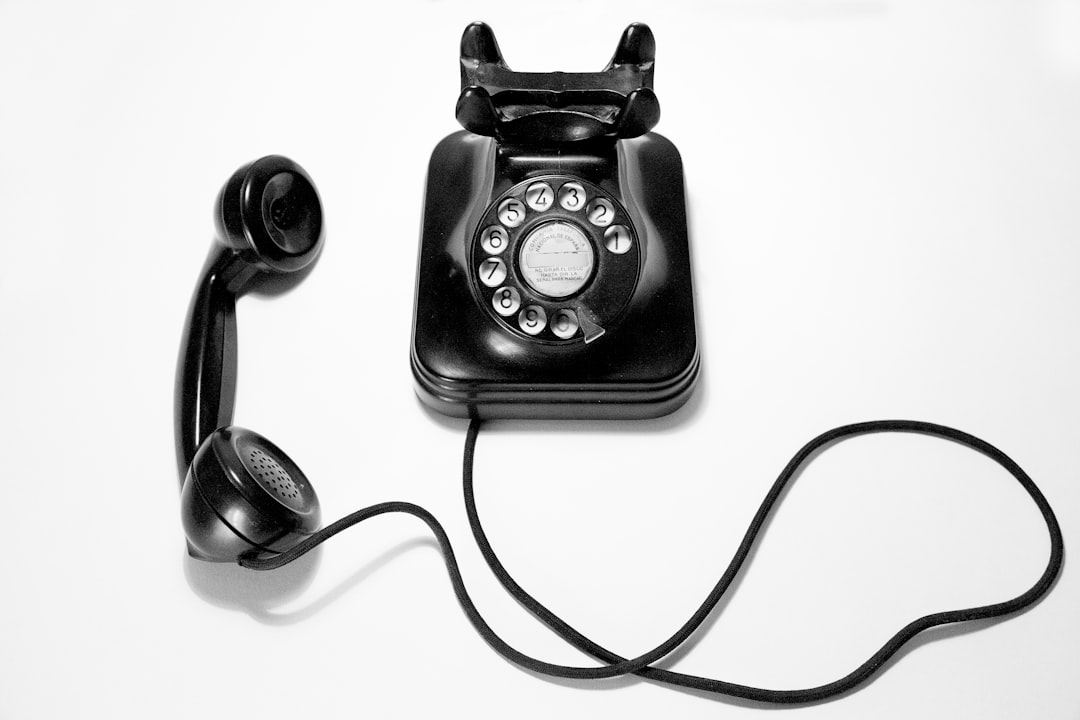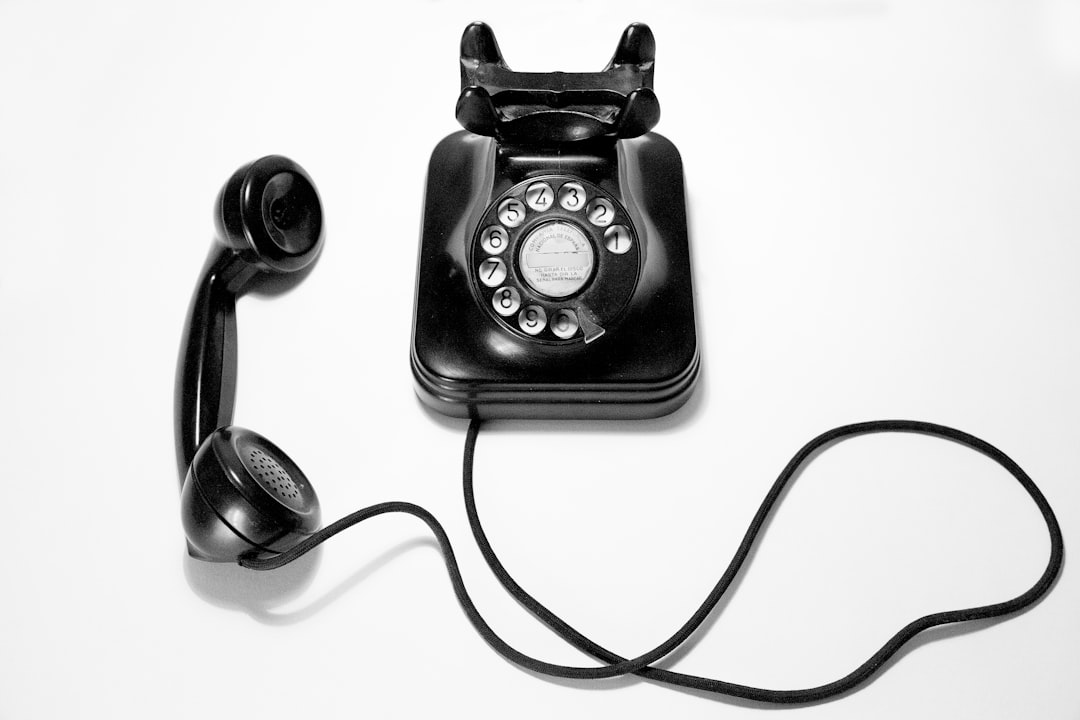In Minnesota, the Attorney General's Office enforces strict Do Not Call List (DNC) regulations to protect residents from unwanted telemarketing calls, with fines up to $10,000 per violation. Consumers can register their numbers online or via mail to avoid such calls. Do not call attorneys Minnesota assist individuals and businesses in understanding and adhering to these regulations, preventing accidental violations, and implementing compliant calling practices. They play a vital role in protecting consumers' privacy, mediating disputes, and maintaining the integrity of DNC lists in the dynamic Minnesota consumer market.
“In Minnesota, understanding and adhering to ‘Do Not Call’ regulations is crucial for businesses to avoid legal pitfalls. This case study delves into a real-life scenario of a company facing severe consequences due to Do Not Call List (DNC) violations. We explore the complexities of these regulations, particularly focusing on Minnesota’s specific rules and penalties. Furthermore, we highlight the pivotal role that specialized Do Not Call attorneys in Minnesota play in guiding businesses through these issues, ensuring compliance and mitigating legal risks.”
Understanding Do Not Call List Regulations in Minnesota

In Minnesota, the Do Not Call List (DNC) regulations are designed to protect residents from unwanted telemarketing calls. The state’s Attorney General’s Office enforces these rules, which prohibit businesses and individuals from making phone calls to numbers listed on the DNC registry. Violations can result in significant fines, as high as $10,000 per call in some cases. Minnesota consumers can register their phone numbers online or by mail through the Attorney General’s office, ensuring they won’t be contacted by telemarketers.
Do not call attorneys in Minnesota play a crucial role in navigating these regulations. They assist individuals and businesses in understanding their rights and obligations under the DNC laws, helping them avoid accidental violations that could lead to costly penalties. These legal experts guide clients on proper call practices, ensuring compliance and providing strategies to handle potential issues that may arise from telemarketing activities.
A Case Study: When Do Not Call List Violations Happen

In the vibrant, bustling landscape of Minnesota, navigating consumer protection laws can be a complex dance, especially regarding telemarketing practices. A recent case study sheds light on Do Not Call List (DNC) violations and the role that Do not call attorneys Minnesota play in resolving these issues. This particular instance involves a resident who found themselves on the receiving end of relentless phone calls from a telemarketer despite being registered on the state’s official DNC list for over a decade.
The case highlights several key factors: first, the ease with which unscrupulous businesses can bypass or ignore the law; second, the frustration and distress caused to consumers when their privacy rights are violated; and third, the critical need for enforcement and legal recourse. The resident, feeling aggrieved, sought assistance from Do not call attorneys Minnesota, who guided them through the process of filing a complaint with the state’s regulatory body. This scenario underscores the importance of both individual vigilance in opting out of unwanted calls and the crucial role that legal professionals play in holding telemarketers accountable for their actions.
The Role of Do Not Call Attorneys in Resolving Violations

In the complex landscape of consumer protection, especially regarding telemarketing regulations, the role of Do Not Call Attorneys in Minnesota cannot be overstated. These legal experts specialize in navigating the intricate rules and guidelines set forth by state and federal laws to protect consumers from unwanted calls. When a violation occurs, these attorneys play a pivotal role in resolving disputes, ensuring businesses adhere to the established Do Not Call lists.
Their expertise lies in understanding consumer rights and the legal implications of telemarketing practices. They work collaboratively with both businesses and consumers to mediate and resolve issues swiftly. Through strategic negotiations and, when necessary, legal action, they help maintain the integrity of Minnesota’s Do Not Call regulations, fostering a more harmonious relationship between businesses and their customer base.






